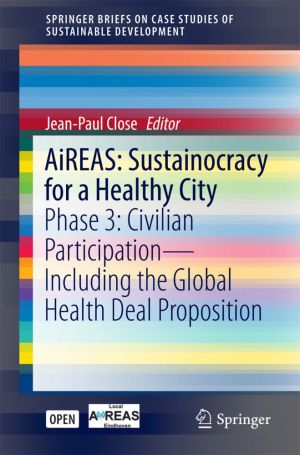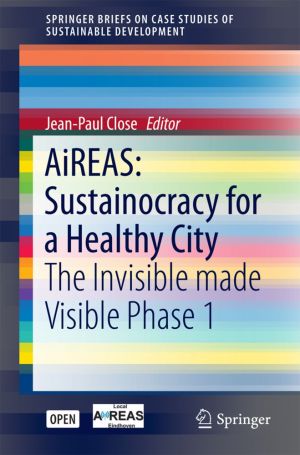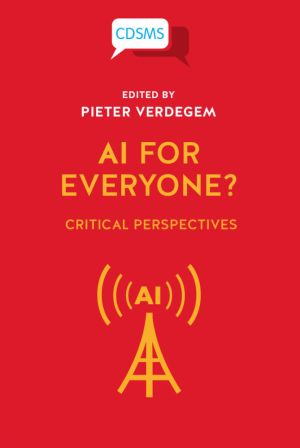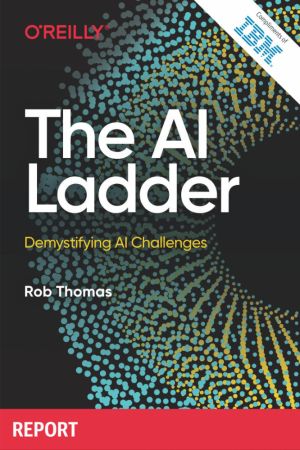The AI Ladder
Demystifying AI Challenges
by Rob Thomas
DescriptionTable of ContentsDetailsHashtagsReport an issue
This mini book introduces a roadmap that will help companies without the benefit of years of advanced AI research and hundreds of deep learning PhDs to take advantage of one of the next big steps forward in computing. 





Book Description
The processes for gathering, organizing, analyzing, and ultimately infusing AI throughout your organization can be thought of as a ladder. A ladder helps you climb far higher than you could go on your own by turning an impossible leap into a series of steps. Knowing what the ladder looks like helps you evaluate your organization's readiness for AI. Just as you can't leap to the top of the roof, neither can you get there with a ladder that has weak or missing steps. The analogy isn't perfect, because unlike climbing a ladder, readying an organization for AI isn't a linear journey. But knowing the steps of the ladder helps you identify where your organization is strong, and where the gaps are.This mini book introduces a roadmap that will help companies without the benefit of years of advanced AI research and hundreds of deep learning PhDs to take advantage of one of the next big steps forward in computing.
This open access book is Complimented by IBM. You can download The AI Ladder ebook for free in PDF format (1.8 MB).
Table of Contents
Section 1
Modernize Your Architecture: Making Your Data Ready for an AI and Multicloud World
Section 2
Collect: Make Data Simple and Accessible
Section 3
Organize: Create a Business-Ready Analytics Foundation
Section 4
Analyze: Build and Scale AI with Trust and Transparency
Section 5
Infuse: Operationalize AI Throughout the Business
Book Details
Title
The AI Ladder
Subject
Computer Science
Publisher
O'Reilly Media
Published
2019
Pages
27
Edition
1
Language
English
ISBN13 Digital
9781492073109
ISBN10 Digital
1492073105
PDF Size
1.8 MB
License
Compliments of IBM
Related Books

This book provides a comprehensive introduction to travel marketing, tourism economics and the airline product. At the same time, it provides an overview on the political, socio-economic, environmental and technological impacts of tourism and its related sectors.This publication covers both theory and practice in an engaging style, that will spark ...

This volume describes phase 3 of the AiREAS multidisciplinary cocreation effort to produce a Healthy City. Phase 1 referred to making visible the invisible from an air quality and human exposure perspective. Phase 2 studies air quality related to health and Phase 3 looks at air quality, health and lifestyle from the perspective of persuasion to inn...

This book demonstrates how nonlinear/non-Gaussian Bayesian time series estimation methods were used to produce a probability distribution of potential MH370 flight paths. It provides details of how the probabilistic models of aircraft flight dynamics, satellite communication system measurements, environmental effects and radar data were constructed...

This book describes the coming about and first results of the AiREAS "healthy city" cooperative in the city of Eindhoven and Province of North Brabant in the Netherlands. AiREAS is an initiative focused on the multidisciplinary co-creation of healthy cities using the core human value of human health and air quality as guiding principle fo...

This open book examines recent advances in how artificial intelligence (AI) and robotics have elicited widespread debate over their benefits and drawbacks for humanity. The emergent technologies have for instance implications within medicine and health care, employment, transport, manufacturing, agriculture, and armed conflict. While there has been...

We are entering a new era of technological determinism and solutionism in which governments and business actors are seeking data-driven change, assuming that Artificial Intelligence is now inevitable and ubiquitous. But we have not even started asking the right questions, let alone developed an understanding of the consequences. Urgently needed is ...

